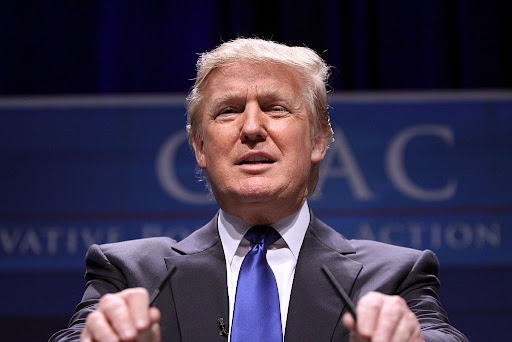

Trump's punitive tariffs are yet to hit Kenya, according to the private sector leadership but say the country must diversify its export markets, including tapping opportunities in Africa.
This comes as the US moves to send tariff letters after the expiry of the 90-day freeze that was imposed on April 10, to allow talks with the different markets on the new US tariffs.
Kenya Private Sector Alliance (Kepsa) yesterday said no major impact has been felt on the country’s export to the US despite a 10 per cent export tax by the US.
Kepsa CEO Carole Kariuki said most of Kenyan exports are still accessing the US market under the African Growth and Opportunity Act (AGOA), which has given Kenya and other eligible sub-Saharan countries up to 6,400 product lines duty-free access to the US for the last 25 years.
“Kenya has not had an impact yet because it only takes 10 per cent but we are still operating under AGOA, once AGOA goes, then we will see what happens,” Kariuki told the Star during an interview yesterday.
Agoa expires in September this year and there has been a push to extend it by at least 16 years, with KLenya also pushing for a strategic trade deal; with the US amid a push for removal of the 10 per cent tariff.
While most countries have been slapped with a 10 per cent rate on their exports to the US, including Kenya, some have been hit with tariffs as high a 50 per cent.
Kenya’s textile and apparel industry is expected to take the biggest hit. Other exports to be affected include macadamia, coffee, black tea and organic coffee.
To evade future impacts from tariff changes, Kepsa has called on the country’s industries and traders to seek other markets and tap more opportunities in existing ones, with the African Continental Free Trade Area (AfCFTA) pact providing the country with more export options.
“We should be able to remain competitive. Part of being strategic is not only attracting new businesses here, it is also diversifying the markets. If this is costly, which other market needs it? and moving there,” Kariuki said.
Her sentiments echoes those of the Common Market for Eastern and Southern Africa (COMESA), which has called on member states, and by extension the continent, to increase intra-Africa trade to cushion the region from the Trump tariffs.
Speaking during the 41st Comesa trade and customs committee meeting in Nairobi, Director for Trade and Customs, Christopher Onyango, said countries must speed up implementation of the Simplified Trade Regime (STR) aimed at simplifying customs procedures and reducing trade barriers.
This is in addition to the
comprehensive commerce strategy for implementing the AfCFTA, which is being
modelled to prioritise regional value chain development, digital trade
infrastructure harmonisation and governance.
This includes establishing regional manufacturing hubs, accelerating the adoption of the Pan-African Payment and Settlement System (PAPSS) and enhancing the AfCFTA Secretariat's monitoring capabilities.













